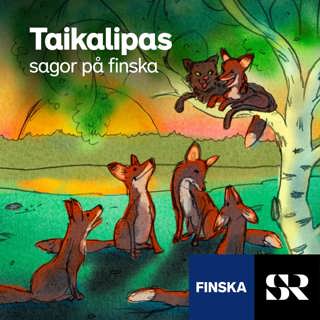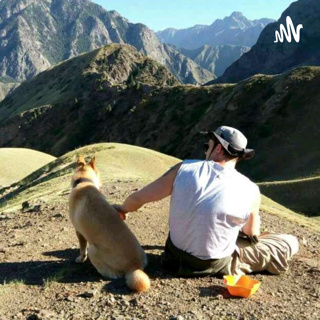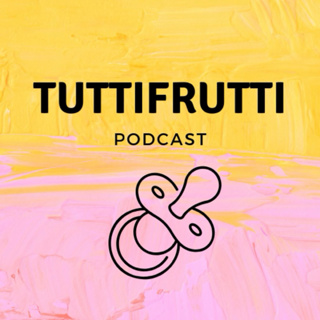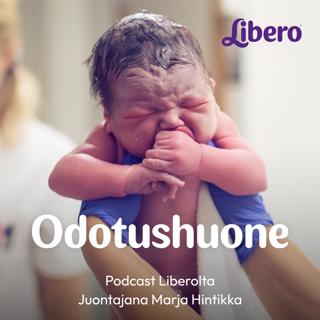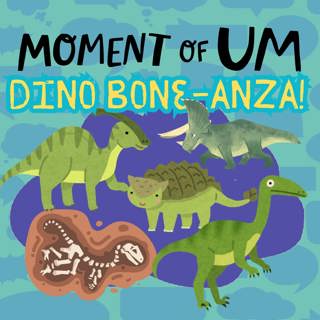
Did dinosaurs fart?
You fart. I fart. Your dog farts. We all fart! Or do we…? Birds don’t fart, and they’re the closest living descendants of the dinosaurs. So, did dinosaurs fart? We asked paleontologist Kallie Moore to help us find the answer.Got a question rumbling around in your brain? Send it to us at BrainsOn.org/contact, and we'll find you an answer TOOT-suite!
9 Touko 8min

What was the very first dinosaur?
Dinosaurs went extinct around 65 million years ago after an asteroid crashed into Earth. So we know when dinosaurs disappeared from the planet, but when did they appear? What was the first dinosaur, and how long ago did it live? We asked paleontologist Kallie Moore to help us find the answer.Got a question that’s got you full of veloci-RAPTURE? Send it to us at BrainsOn.org/contact, and we’ll TRY(ceratops) to answer it!
8 Touko 6min
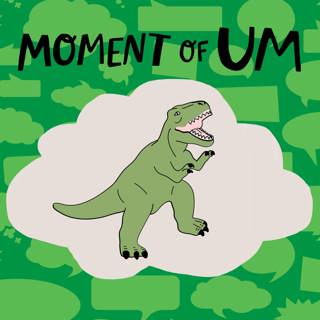
How do we know what dinosaurs sounded like?
Happy Dinosaur Week! Every episode this week explores the ancient marvels that walked the Earth millions of years ago. Fossilized bones and footprints help scientists figure out what these prehistoric creatures looked like – but how do we know what they sounded like? We asked paleontologist and science journalist Shaena Montanari to help us find the answer.Got a question that makes you want to roar in frustration? Send it to us at BrainsOn.org/contact and we’ll find a dino-mite answer.
7 Touko 5min

How did Megalodon sharks go extinct?
Megalodon was the biggest shark species that ever lived. The biggest ones were almost 60 feet long, which is longer than a school bus! These gigantic sharks went extinct millions of years ago, but why? We asked paleontologist Kallie Moore to help us find the answer.Got a question that you megalo-don’t know how to answer? Send it to us at BrainsOn.org/contact, and we’ll hunt down an expert to explain!
6 Touko 7min

Did dinosaurs lay colorful eggs?
Dinosaurs were reptiles, which means they laid eggs! But what did these eggs look like? Were they big? Small? Speckly? Colorful? We asked paleontologist Kallie Moore to help us find the answer.Got a question you just can’t egg-nore? Send it to us at BrainsOn.org/contact, and we’ll help unscramble the answer!
5 Touko 6min
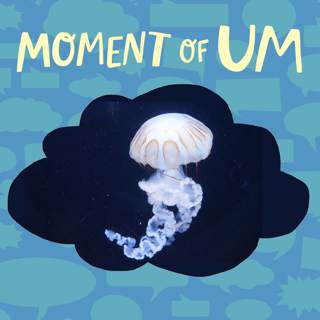
How does an immortal jellyfish go back to being a baby?
Way out in the deep blue sea, there is a remarkable creature called the immortal jellyfish. This buoyant little blob can deal with being hurt or stressed by going from its adult form back to a baby!! Then it grows up all over again. Holy moly. How does that work? We asked science writer Christina Couch to tell us all about it. Got a question that’s a ten out of TENtacles? Send it to us at BrainsOn.org/contact, ‘cause we are READY for that jelly!
2 Touko 6min

Why can you hear the ocean in a seashell?
The sounds of the ocean are so relaxing… the waves crashing on the sand, the gentle roar of the surf. And if you pick up a big seashell and put it to your ear, you can almost hear the ocean there too! One of our listeners wanted to know why, so we asked physicist Steve Errede to help us catch that wave. Do you have a great question for Moment of Um? Surf on over to BrainsOn.org/contact and share it with us.
1 Touko 3min
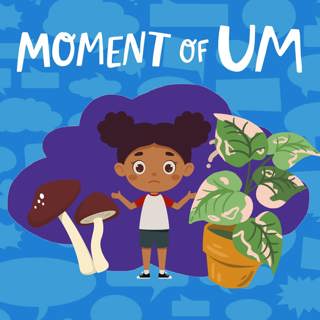
Why are we more closely related to fungi than plants?
All living things on Earth are related. To help keep track of how close those relationships are, scientists organize life on Earth into groups using a system called taxonomy. Sometimes, taxonomy can be surprising – like, did you know that humans are more closely related to mushrooms and other fungi than we are to plants? How does that work? We asked microbiologist Christine Salomon to help us find the answer.Got a question that’s in a class by itself? Send it to us at BrainsOn.org/contact, and we’ll find an answer that’ll really grow on you.
30 Huhti 6min







